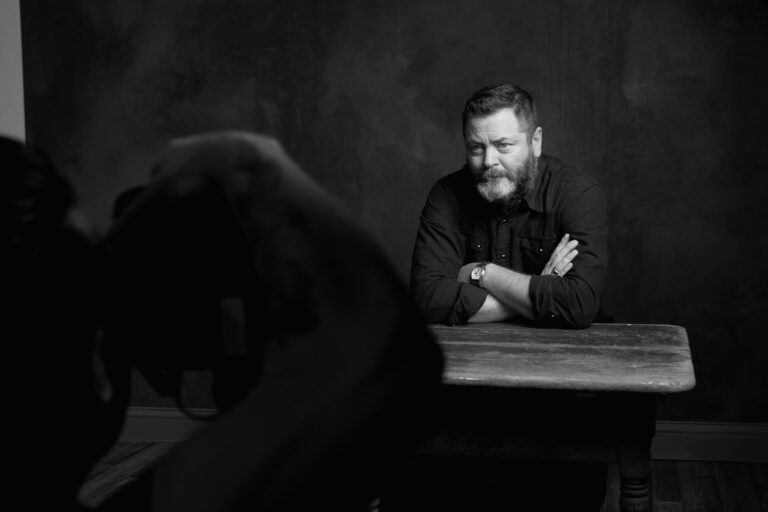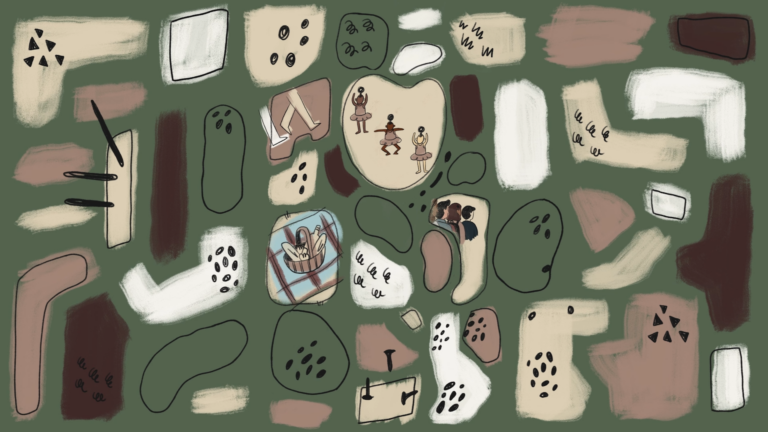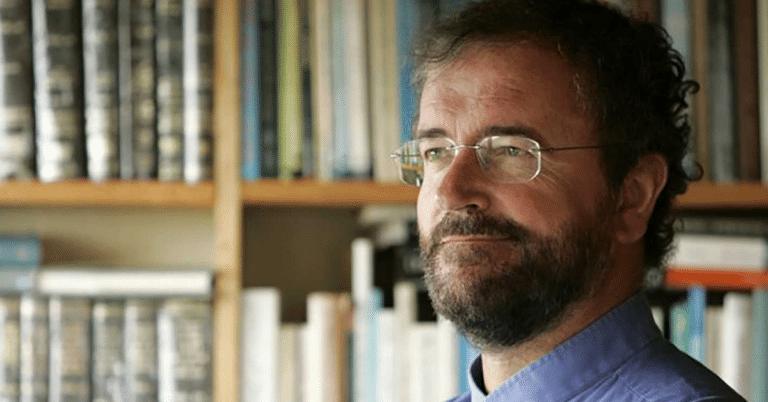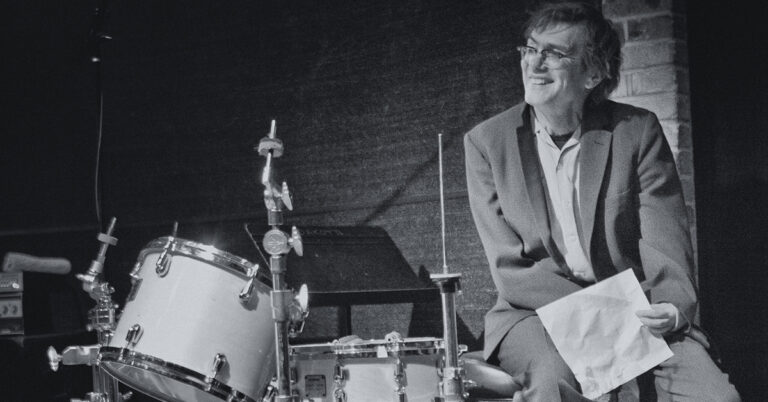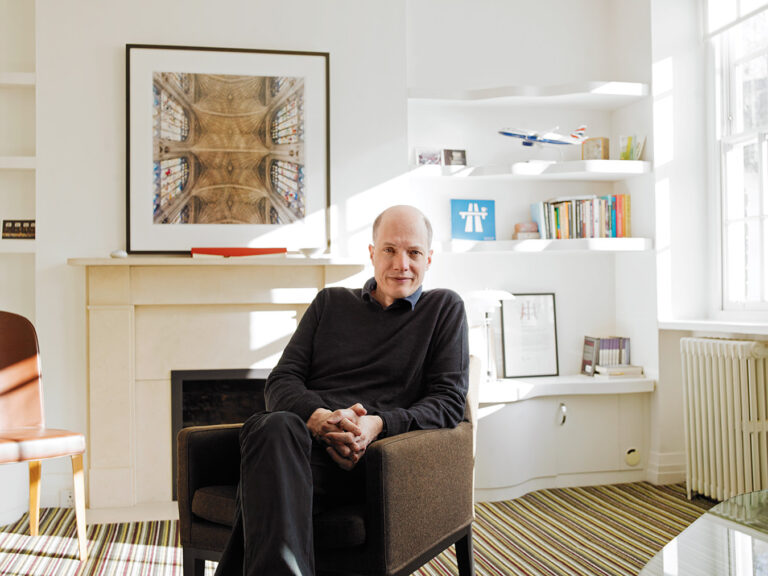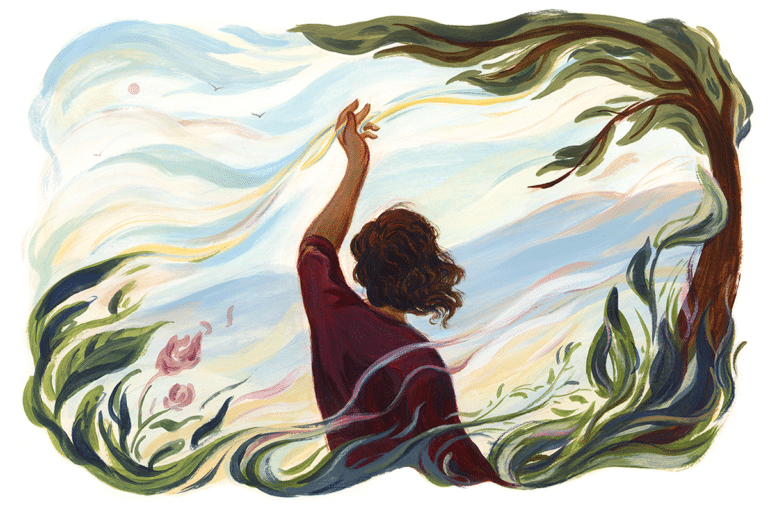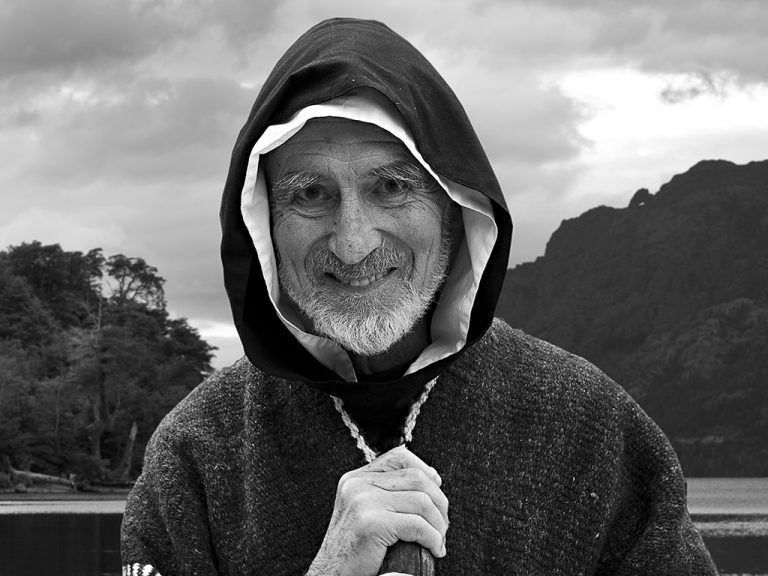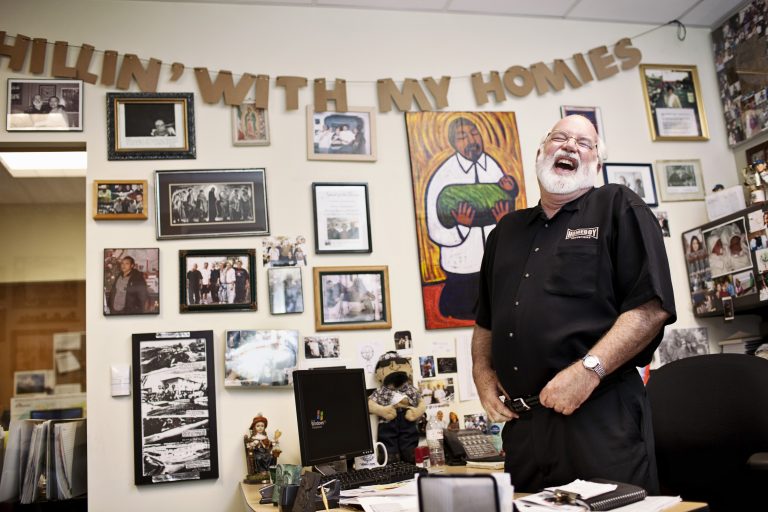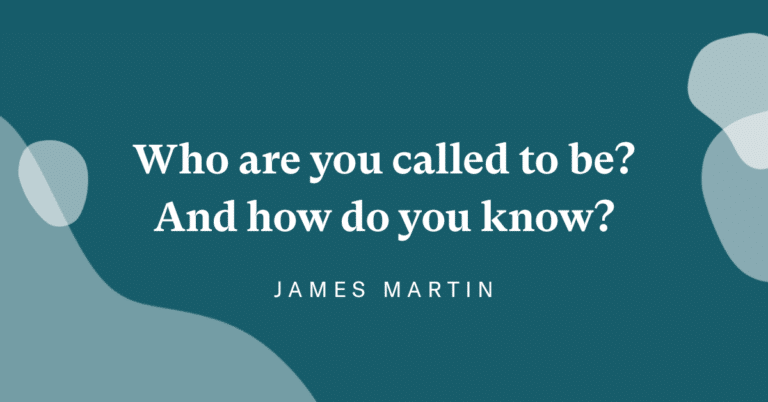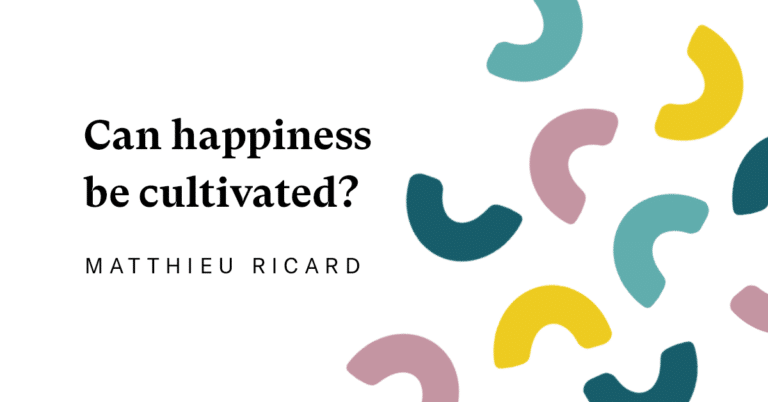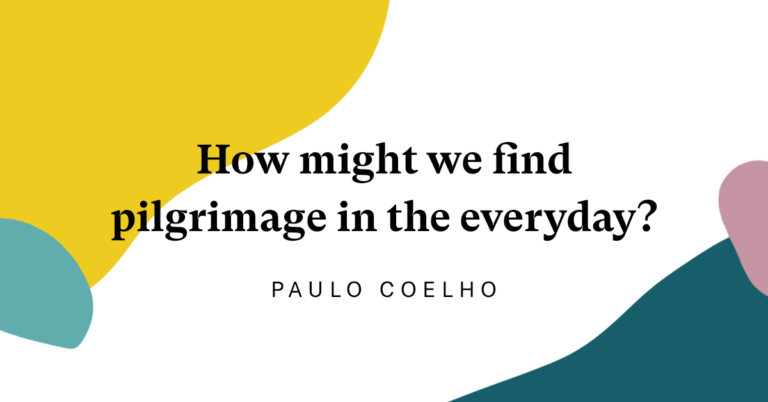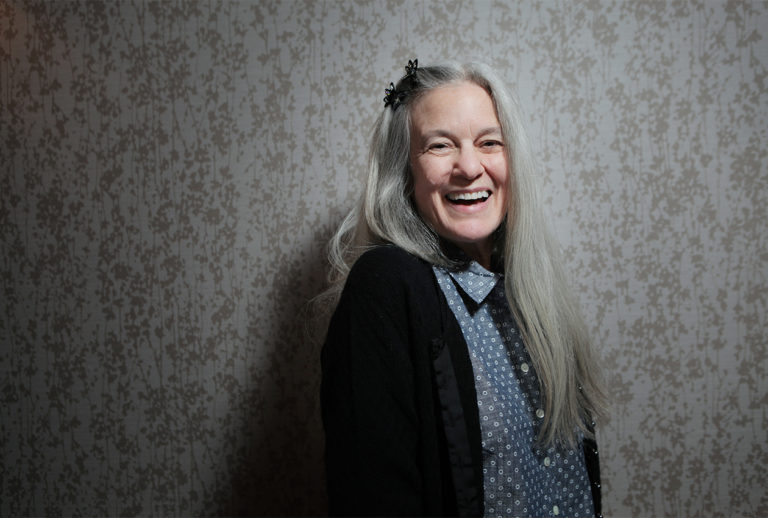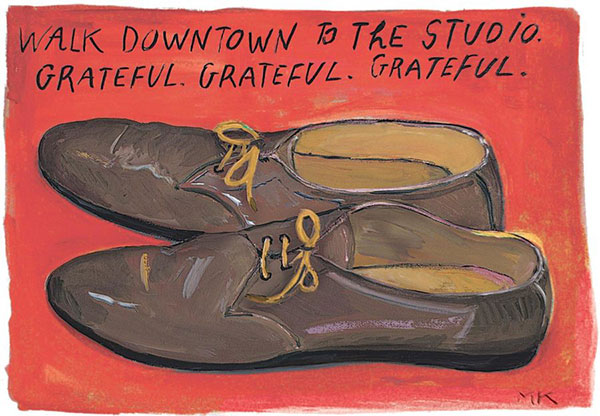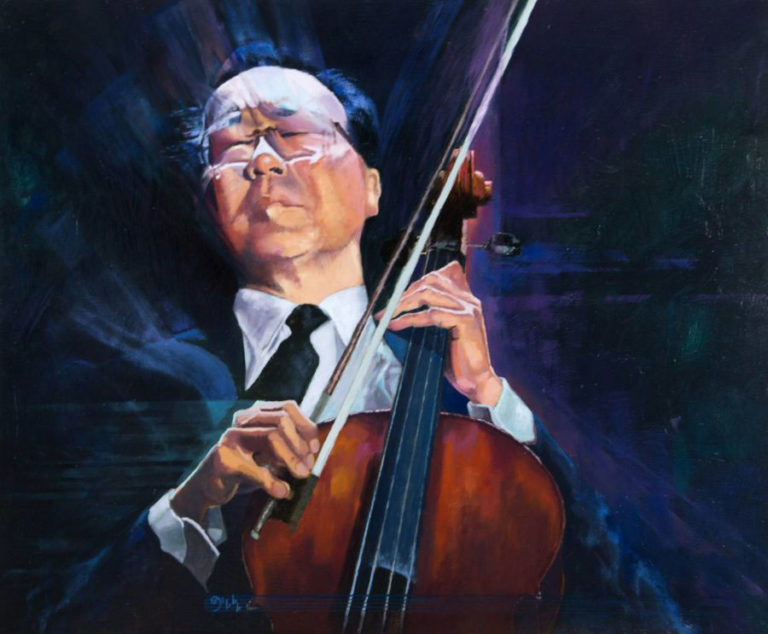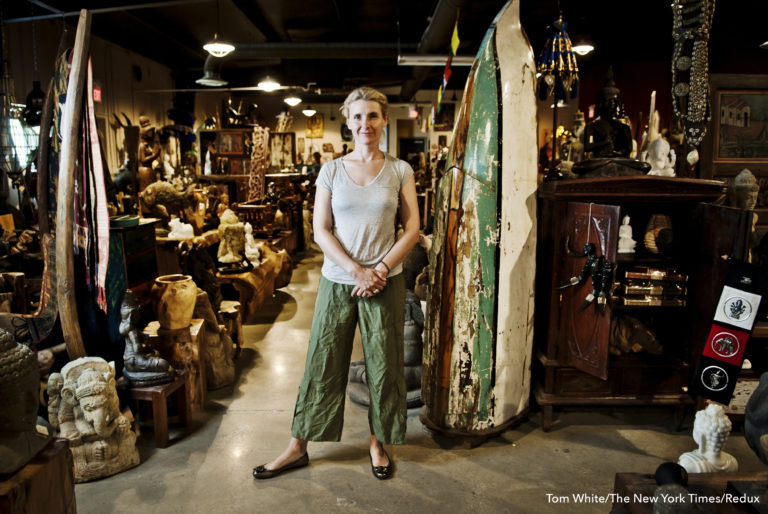February 23, 2023
Nick Offerman
Working with Wood, and the Meaning of Life
Nick Offerman has played many great characters, most famously Ron Swanson in Parks and Recreation, and he starred more recently in an astonishing episode of The Last of Us. But he is driven by passionate callings older and deeper than his public vocation as an actor and comedian. He works with wood, and he works with other people who work with their hands making beautiful, useful things. And this, it turns out, is also a primary source of his tethering in values. It’s a source of a spiritual thoughtfulness that runs through this conversation with Krista. So is his love and study of the farmer-poet Wendell Berry, whose audiobook The Need to Be Whole Nick just recorded.
This is a moving and edifying conversation that is also, not surprisingly, a lot of fun.
